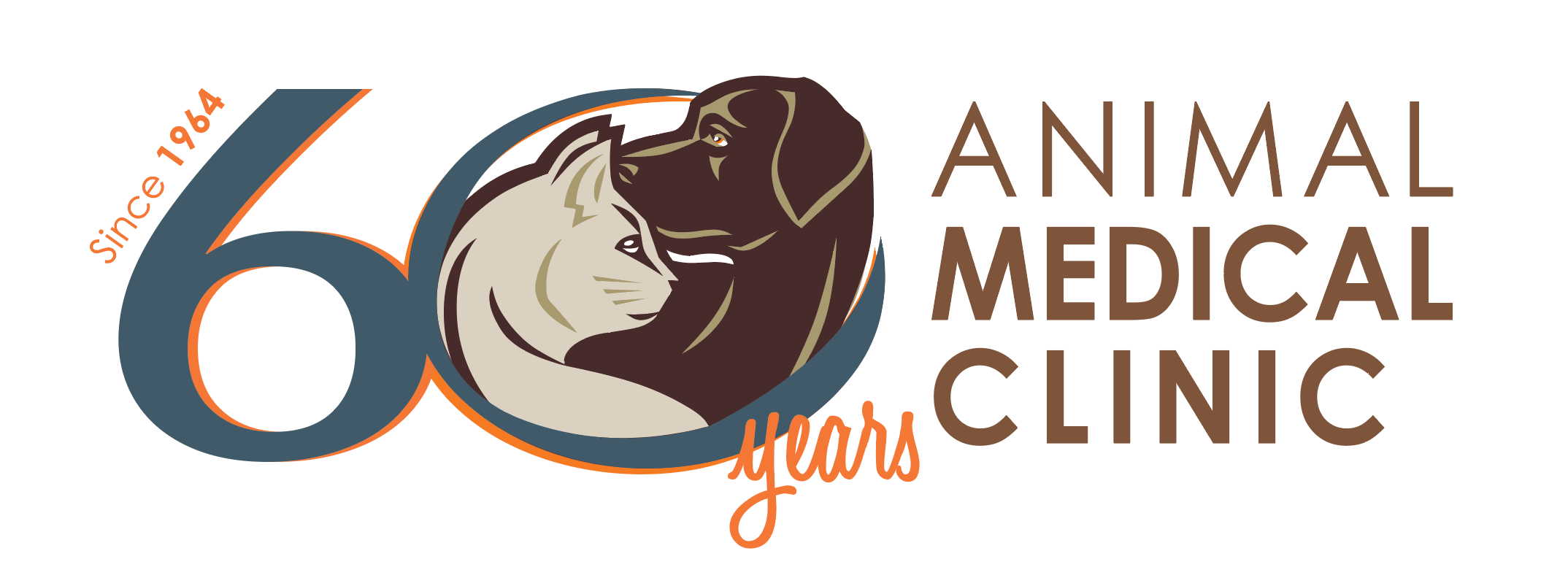We believe that no pet should be denied treatment that can restore its health or save its life. But when the cost of quality medical care exceeds the family budget, pet owners may be forced to incur burdensome debt or even euthanize their pet. Depending on your circumstances, pet health insurance may be a good option to ensure you can afford the care your pet needs when emergencies arise.
Pet health insurance is very common in Europe and it is becoming increasingly popular in the United States. Here are some questions to help you decide if pet health insurance is worth considering for your pet’s veterinary needs:
Do you have an establishing saving plan in place? Do you have enough money set aside today to pay for a veterinary emergency?
Can you afford a significant, unexpected charge on your existing credit card(s)?
Can you qualify for another credit card?
Do you have peace of mind that you can afford whatever care your pet needs?
If you answered NO to all of these questions, pet health insurance is worth considering, especially if you have a puppy or kitten. We strongly recommend that you consider buying pet health insurance while your pets are young and healthy. It gets more expensive as they get older, and once they have a health issue that will be excluded from coverage in the future.
Yet, there is no one-size-fits-all solution because the best insurance plan is the one that offers you the best benefits and coverage for your pet at a reasonable price—and that can vary by pet age, breed, and even your zip code. There are several pet health insurance companies to choose from. Here are some things to consider when shopping around:
Will the insurer pay the practice directly if you cannot afford a large out-of-pocket bill? This service allows the pet owner to pay only the deductible and coinsurance at the time of invoicing.
Are exam fees covered? If not, the burden of paying them out of pocket is equal to an additional copay.
Is the deductible defined as per incident (accident or illness) or per policy year? With the former, the deductible for a specific incident is charged once over the pet’s lifetime. However, unrelated incidents will each be charged a separate deductible even if they occur within the same policy period.
How long after enrollment will the policyholder be required to wait before an accident or illness qualifies for a benefit?
What is the level of dental coverage? About half of the companies cover dental accidents but not dental illnesses such as periodontal disease and feline tooth resorption.
Are therapeutic diets covered?
Are behavioral issues, hereditary illnesses and rehabilitation therapy eligible for benefits?
For comparison purposes, always evaluate pet health insurance policies that provide the best level of coverage (deducible, coinsurance and maximum annual benefits).
Aggregator websites such as petinsuranceinfo.com, petinsurancereview.com, and petinsuranceshopper.com comb insurance provider websites, saving a visitor time and effort. Be aware that such websites might not compare every carrier, so excluded companies need to be checked directly.



